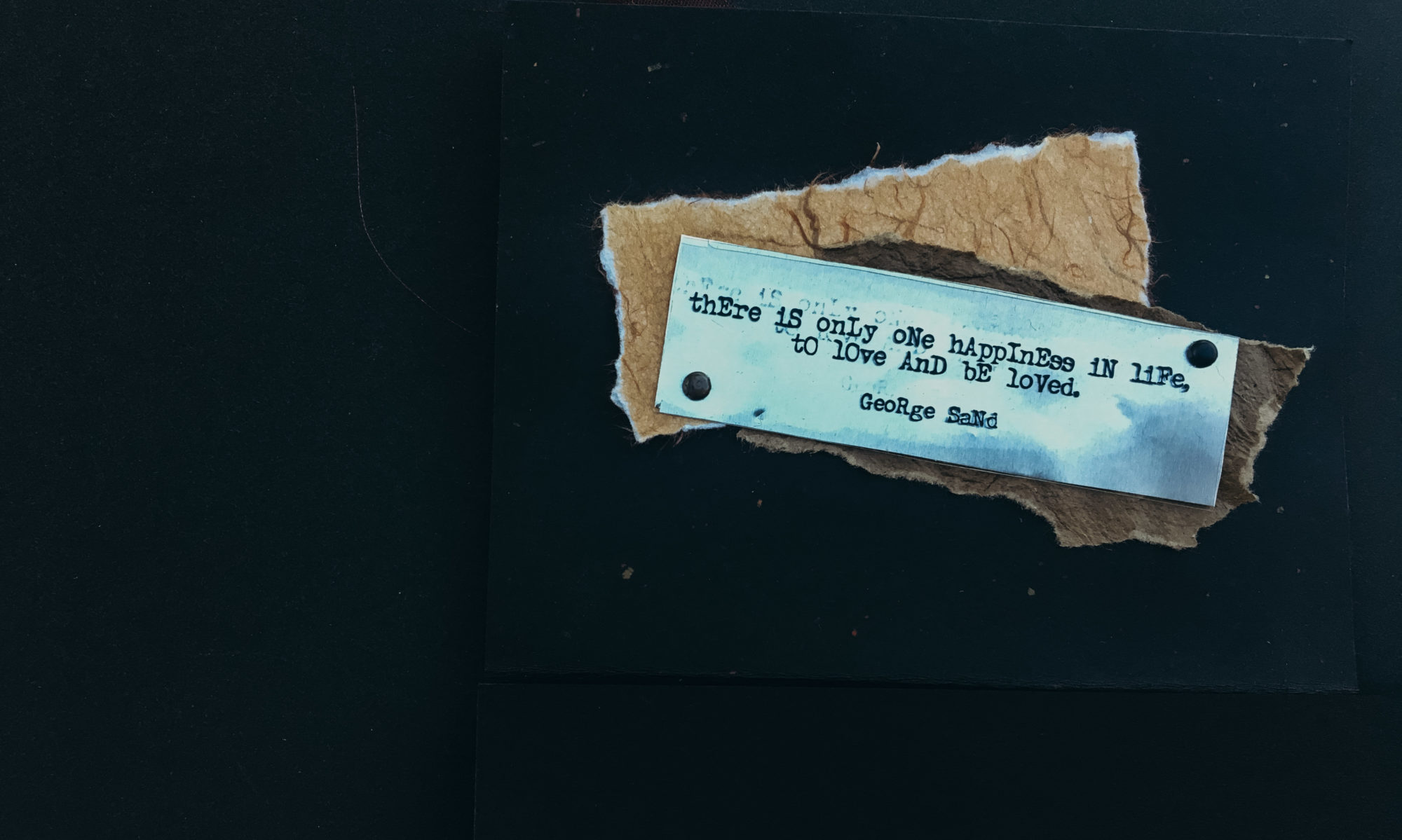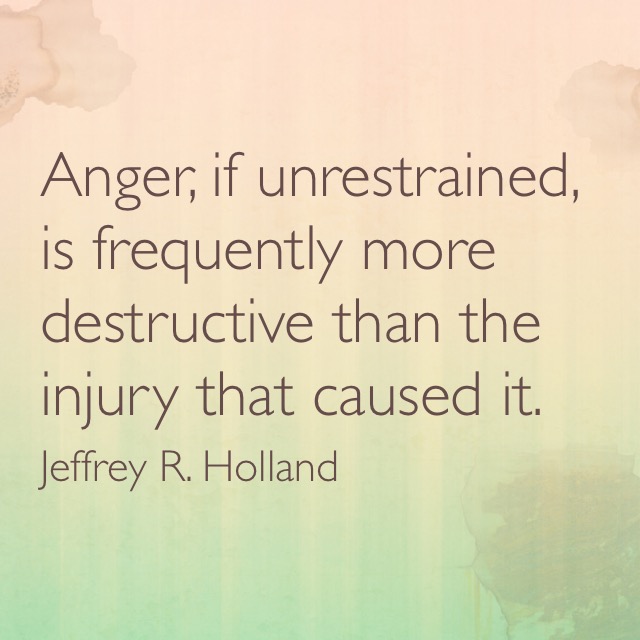Like an unseen enemy seeping through the shadows of the night, pride infiltrates our culture and way of life, almost without detection. It seeps into our places of work, our schools, and inevitably into our homes, try as we may to protect them. We can lock all our doors and windows, but our walls of defense are permeably susceptible because pride dwells within. It is the condition of the heart that reveals its prideful contents. Pride hides within our motives, our intentions, and the words we think but never say. President Ezra Taft Benson speaks out boldly against pride in May 1989 Ensign, “Beware of Pride” as he states that the Book of Mormon is the “record of a fallen people.” Why did they fall? “Behold, the pride of this nation, or the people of the Nephites, hath proven their destruction.” (Moroni 8:27.) Benson declares the central feature of pride is enmity, meaning “hostility or state of opposition.” This is where Satan gains control.
Pride is difficult to see in ourselves, yet readily obvious as we look at others. Self-evaluation proves difficult and blind spots prevail as we attempt to objectively discern where pride dwells within. How do we “see” our blind spots? We can quietly, and honestly apply a few scenarios to see if they “fit.” We can be sure, if we have ever worried more about what people think of us more than what God thinks of us, we have encountered pride. If we have ever participated in faultfinding, gossiping, murmuring, envying, or living beyond our means, pride is in our midst. If we struggle to forgive others, holding negative feelings in our hearts towards another, we are struggling with pride. If we have ever bristled against authority in a power struggle, or exercised power over another, we have succumbed to pride. If we have ever centered our thoughts on the self-seeking, self-gratifying, “how everything affects me,” mentality, we are the facilitators of pride. When we reduce our disposition to one of contentiousness, spraying hostile words that demean or injure, when we are easily offended, or when we hold grudges, we are perpetuating pride. When we repel counsel or correction, defending our positions, justifying, rationalizing, pride has sunk its talons into our hearts.
Recognizing these symptoms of pride in our own lives proves difficult, yet progression is thwarted until we do. Our relationships suffer on every level, “our relationship with God and His servants, between husband and wife, parent and child, employer and employee, teacher and student, and all mankind.” Pride even exists in the “pursuits that compete for our time.” “When pride has a hold on our hearts, we lose our independence of the world and deliver our freedoms to the bondage of men’s judgment.” (Benson, Ensign, May 1989.)
How do we dispel pride? “The antidote for pride is humility, meekness, submissiveness… it is the broken heart and a contrite spirit.” (Benson, Ensign, May 1989.) When we lift others higher than we are, we are dispelling pride. When we humble ourselves to receive counsel and chastisement, when we forgive those who have wronged us, or when we engage in selfless service, we are dispersing pride. When we are patient under trying circumstances, tolerant of differences, or when we are kind while on the receiving end of anger, we are quashing pride. When we can metabolize anger and not return it, when we can see strengths in the midst of weakness, when we choose to see beauty surrounding the imperfections of others, we are prevailing against pride. When we are humbly engaging in serving the Lord, willingly submitting to His will, His guidance, His direction, and when we are persistently turning to the Lord, putting the Lord first in our every day lives, we are overcoming pride.
“Pride is a universal sin,” (Benson) and it comes with a price. The impact of pride is incalculable, nevertheless it is costly. What is pride costing you?

